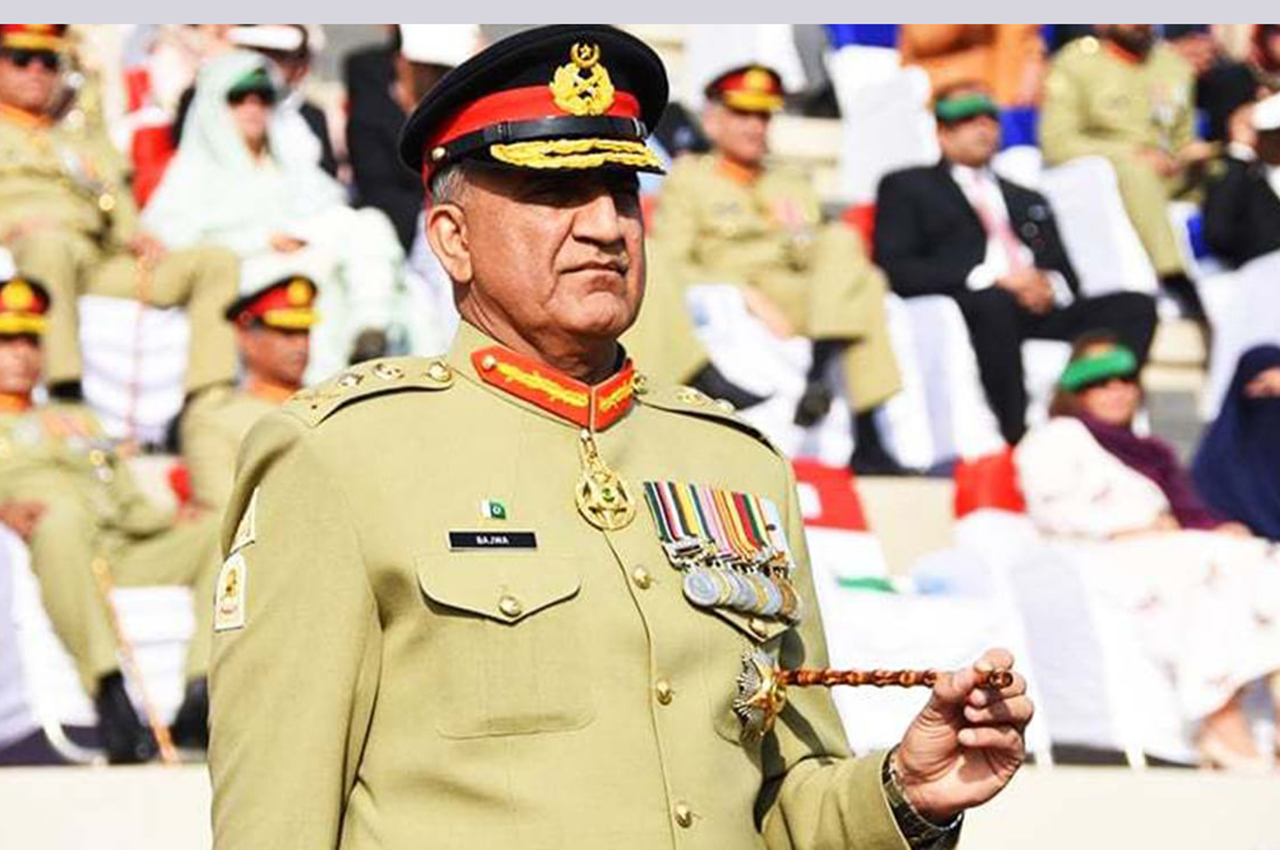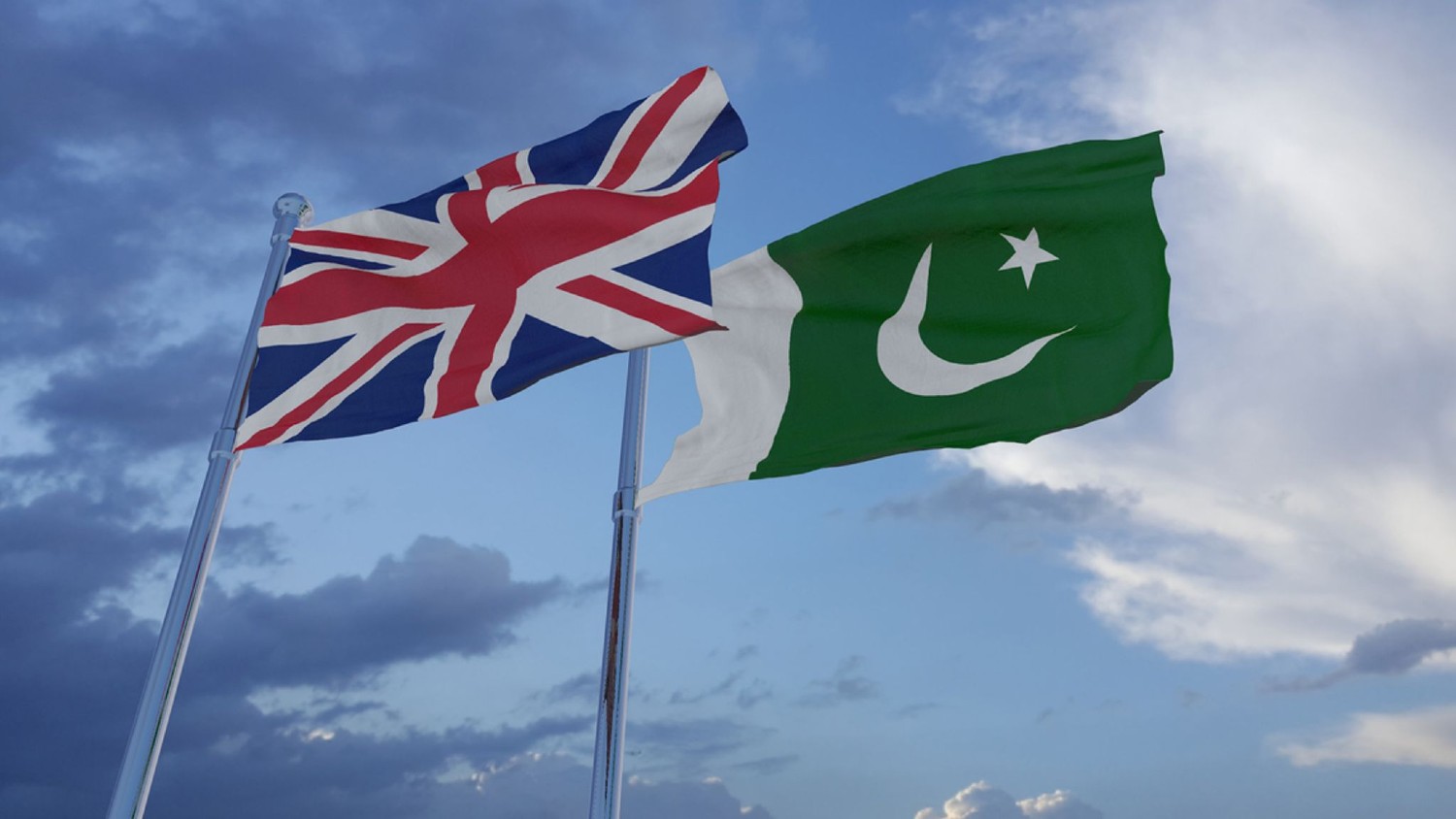What isolated Pakistan from a larger political engagement in the South Asian region was the anger of the US that it had helped the Taliban to oust the elected Government of Ashraf Ghani in Kabul and support them in regaining control of its western neighbor.
The US and the UK know better than any other actor on the political chessboard of South Asia that in Pakistan, real power rests with the army.
The ‘why’ and ‘how’ are not intended to be discussed in this write-up. The focus is that both powers have been dealing with the Pakistan army’s higher echelons on different issues of national and international importance at different times.
The main reason for their deep interest in the Pakistan army was their expectation that they could use Pakistan as a bulwark against the ambitions of the Soviet Union. A cursory look at the triangular relation among India, Pakistan, and the Anglo-American bloc ever since the creation of Pakistan up to 9/11 shows that the bloc has always been on the right side of Pakistan in any matter that involved India.
Pakistan’s isolation in the international arena surfaced when the former US President charged Pakistan as the epicenter of international terrorism. He canceled the annual aid that the US budgeted to support the Pakistan army.
After 9/11, Pakistan began losing its clout with the Western countries for its overt and covert use of terror as an instrument of state policy. It brought Pakistan closer to the lap of China, a new phenomenon in which Pakistan envisioned its redemption.
Towards the end of his tenure of service, General Qamar Bajwa had fully realized the negative impact of Pakistan’s isolation adversely affecting the country’s defense capabilities. The need of the day was to mend the fence with the US.

But London adopted a pragmatic stance on Pakistan’s isolation. General Bajwa succeeded in prompting London to change Washington’s angry mood.
Its backing enabled last year’s breakthrough visit by General Bajwa to Washington – the first by a Pakistani Army chief in three years – and a $450 million deal to repair Pakistan’s aging fleet of F-16 combat jets. The US and Pakistan had also begun engaging in counter-terrorism. (The Print of June 7, 2023)
After Pakistan’s new army chief General Asim Munir, and Chairman of Joint Chiefs of Staff, General Sahir Shamshad Mirza, made a five-day visit to the UK to attend an annual conference, the British army chief General Patrick Sanders reciprocated the visit last week, leading a military delegation for “considering measures to enhance its intelligence and military cooperation with Pakistan.”
During his visit last week, The Print reported that General Sanders was told that assistance from the UK was needed to stabilize Pakistan and fight threats to the West from jihadist groups like the Islamic State.
The UK believes the Pakistan Army is a necessary bulwark against Islamic State jihadists in Afghanistan. Earlier this year, leaked United States intelligence documents recorded that the Islamic State was engaged in nine plots against Western targets during the FIFA World Cup in Qatar.
The assessment said, “Islamic State has been developing a cost-effective model for external operations that relies on resources from outside Afghanistan, operatives in target countries, and extensive facilitation networks.”
An interesting revelation made by the sources of The Print is that London also pushed India to engage with Pakistan on Kashmir, saying it would help marginalize jihadists.
Last year, Christian Turner, the UK’s High Commissioner in Pakistan, said in a closed-door meeting that General Bajwa was seeking the restoration of the scrapped Article 35-A of India’s Constitution, which gave the state of Jammu and Kashmir the right to designate “permanent residence” entitled to purchase land. General Bajwa claimed that he needed these political concessions to push back against pressure to escalate in Kashmir from hawks in the establishment — among them Imran Khan.
We know that Pakistan Army has had close connections with the UK since its inception. We will come to that a bit later, and presently, we would like to make a few observations on what The Print has reported. First, it is debatable whether the UK thinks that Pakistan Army could be a “bulwark against ISIS.”
First, there is a schism in the Pakistan army on terror as the instrument of state policy. Secondly, Pakistan has always said that terrorists are non-state actors meaning the state has little or no control over them. This is far from the truth. The terrorist organizations in Pakistan are the creation of ISI and the Pakistan Army. Their activists are regularly guided by their mentors, who are mostly retired Pakistan Army officers.
As far as the Pakistani Taliban are concerned, they are bitter enemies of the Pakistan Army and are fighting them. The TTP is a political movement for separating the Pakhtunkhwa from Pakistan and recognizing the TTP as the managers of their cherished state. Pakistan army, supported by the domestic elitist group, is fighting the TTP, not the ordinary people of Pakistan.
If the UK thinks Pakistan Army will fight against the Islamic State, it is their big mistake. Pakistan Army is adept in hunting with the hound and running with the hare.
That is what it did in the case of the Afghan Taliban. The UK wants to bolster Pakistan Army to work as a bulwark against Russia if needed. This has always been the guiding objective of UK-Pakistan relations.
Pakistan Army’s relations with the UK have a long history beginning in 1950 — just three years after the creation of Pakistan — when Sandhurst first started to accept overseas cadets. Pakistan was allocated 39 percent of funding from the 1959 Commonwealth Military Training Assistance Scheme.

The UK wanted to secure Pakistan’s cooperation in a West-led alliance against the Soviet Union with countries like Iran and Turkey. Intelligence cooperation between the two deepened after 9/11, amidst the revelation that many Pakistani-British jihadists were training in Pakistan.
In a review of the British Government released in February, fears of a fresh wave of Islamist radicalism were voiced, which cites “evidence of UK extremist group, as well as a Pakistani cleric with a UK following, calling for the use of violence.” The review also pointed to “an element of crossover between those who seek to impose limits around blasphemy with those who voice incendiary rhetoric on Kashmir.”
Surprisingly, the British Government has come out with a review that speaks of nefarious designs of UK-based jihadists to caution Islamabad and cooperates with it in taking preventive steps.
But it did not think it had the duty of cautioning India about the hatching of Kashmir terrorism conspiracy by the British Kashmiris and Pakistanis based in Luton, Birmingham, and other towns with a population of more than a million in the UK. The kingpins of the Kashmir terrorist movement were the British Kashmiris and Pakistanis like Amanullah Khan and his team.
General Sanders’ Pakistan visit comes during intense tension between the Pakistan Army and former Prime Minister Imran Khan. Reports are that the Pakistan Army invited the owners of top editors of major domestic news outlets to Islamabad for a meeting where they were directed not to cover Imran’s statement.
The BBC’s Caroline Davies reported that Pakistani media was instructed: “not to mention or show Imran Khan, nor even on their ticker tape.”
Pakistan has been trying to come closer to Russia due to the polarization of powers following the Ukrainian war. If the two countries can foster a lasting friendship, the Western powers will likely lose their Asian “bulwark” against Russia.
Hence, we find the UK raising the alarm bells and speaking about stabilizing Pakistan against the threat from jihadists. The West, including the UK, was non-committal when India kept raising the issue of terrorism on world platforms ever since 1990,
- KN Pandita (Padma Shri) is the former Director of the Center of Central Asian Studies at Kashmir University. Views expressed here are of the author’s.
- Mail EurAsian Times at etdesk(at)eurasiantimes.com
- Follow EurAsian Times on Google News




